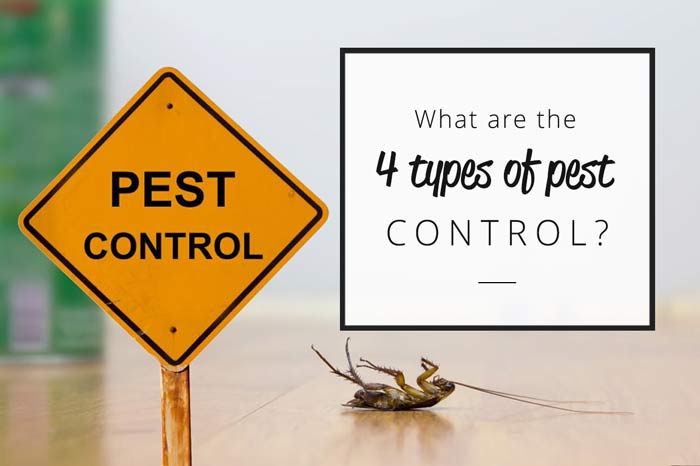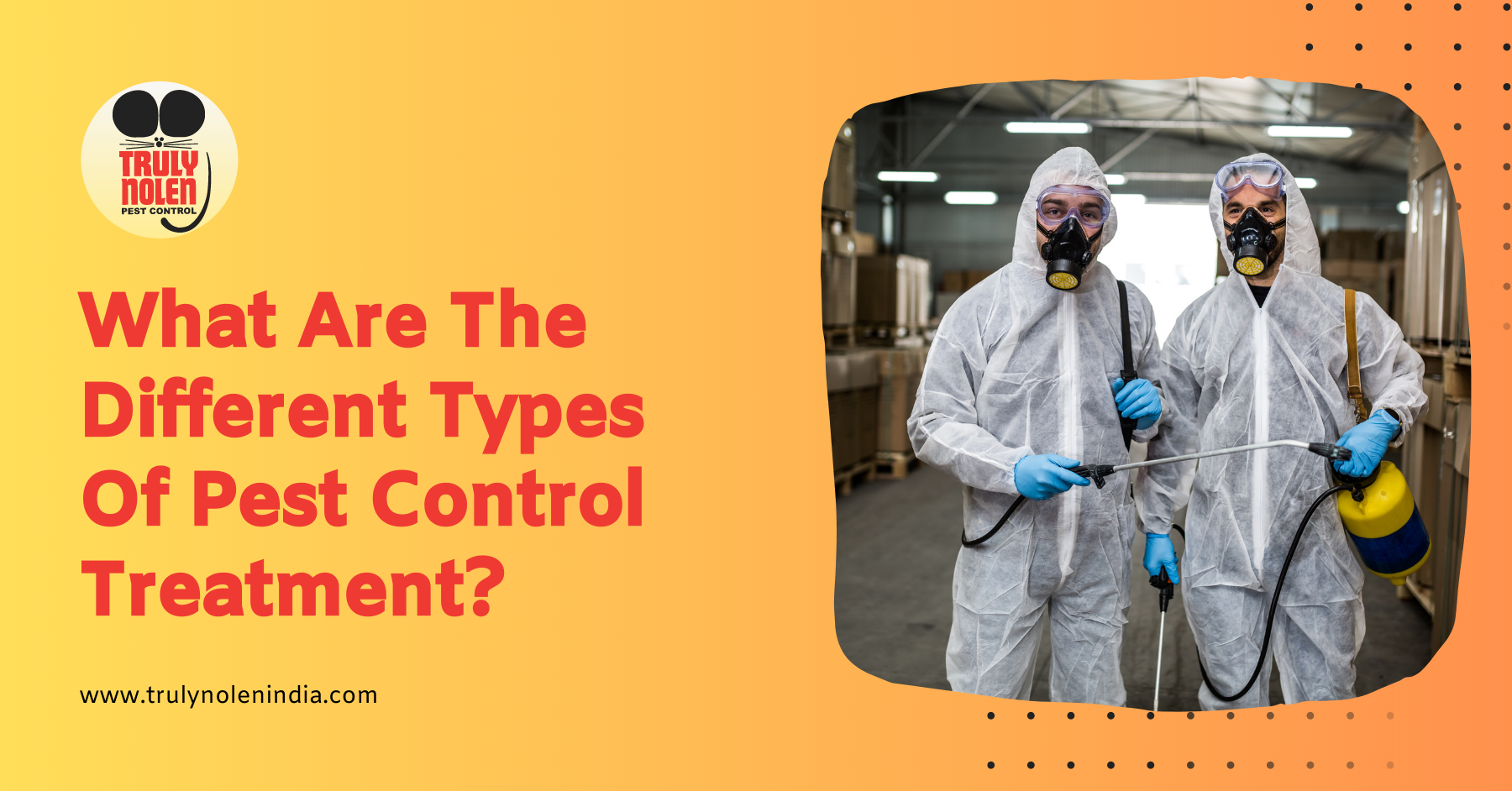All about Pest Control
All about Pest Control
Blog Article
Excitement About Pest Control
Table of ContentsRumored Buzz on Pest Control3 Simple Techniques For Pest Control5 Easy Facts About Pest Control ShownPest Control Can Be Fun For EveryoneThe Best Guide To Pest Control
Limitations of Chemical Management Have the ability to examine pest problems, figure out if management is needed, and make proper referrals making use of IPM techniques. Know with various approaches of parasite monitoring - their benefits and constraints. Comprehend the worth of valuable pests. It is not possibleor also desirableto rid gardens of all parasites.This chapter reviews (IPM), an approach that utilizes expertise regarding parasites and their, techniques, nonchemical approaches, and pesticides to manage pest issues. Added details concerning IPM for particular plants is included in chapters that focus on those plants. Parasites in a garden or landscape may include pests and termites, weeds,, animals, and birds.
Insects and weeds, nevertheless, play a role in the. After planting a yard or establishing a lawn, the all-natural process of plant succession begins to reestablish and nonnative plants.
What we call "parasites" are component of a natural system at work. Just human beings consider certain species insects when they occur where they are not wanted.
The smart Trick of Pest Control That Nobody is Talking About
Pests vulnerable to a pesticide were promptly eliminated, leaving resistant ones to reproduce and increase. It ended up being clear that chemicals alone would not resolve all parasite problems.
An IPM plan enables some degree of bugs in the atmosphere. Parasites are a lot less likely to endure a program that makes use of several techniques of lowering their populations. Integrated pest management was first suggested by entomologists because pests were the first team of insects to verify tough to manage with chemicals alone.
bug and host precisely. and think about financial or visual injury. A limit is the factor at which activity ought to be taken. a therapy strategy utilizing mechanical, cultural, biological, or chemical controls, or a combination of these approaches. success of therapies. IPM has actually prolonged past bugs to management of all pest populations: weeds, illness organisms, and creatures.
What Does Pest Control Mean?
Monitoring instead of elimination of parasites is the goal. An IPM plan starts with a cautious examination of each pest invasion. Only after that can one choose concerning the proper tactics required to suppress parasite tasks. The life process of the pest, possible damages, natural enemies, and impacts of climate, to name a few aspects, are taken into consideration prior to a control plan is carried out - Pest Control.
Clover expanding in a grass may pop over to this site be checked out as an unwanted weed, yet as a vegetable it is synthesizing nitrogen for the soil and the blossoms are providing nectar to honey bees and other. Resistance for some weeds may blog be component of an IPM strategy. might be eating the leaves of a plant, however when they are identified as the larvae of Eastern tiger swallowtail butterflies, their damage might be tolerated so we can delight in the lovely butterfly.

The 2nd crucial tool in bug management is early intervention. Existing and observant in the garden guarantees very early detection. Responding to problems quickly, before they have time to multiply, calls for a less remarkable intervention. The 3rd essential device is recordkeeping; tracking what occurs in the yard allows a garden enthusiast to acknowledge patterns and make informed decisions.
What Does Pest Control Do?
Lots of secure, sensible, nonchemical techniques of plant protection and insect management might lower or eliminate the demand to spray. Various other methods are most advantageous when made use of with pesticides. To implement monitoring techniques correctly and to decrease losses, garden enthusiasts should understand the kinds of parasites that attack plants and comprehend pest biology.

Carrying out a soil examination and applying just the suggested quantity of fertilizer and lime optimizes the advantage to the plant while decreasing troubles associated with excessive usage of plant food - Pest Control. Treatment the soil with several inches of mulch shields the plant in a number of methods: minimizing dirt water loss to dissipation, decreasing weed competition, providing nutrients, and producing an ideal atmosphere for earthworms and microorganisms that maintain the soil loose for roots and damage down organic material to release nutrients
If mulch touches the trunk, it can create a means for voles, microorganisms, and fungis to strike the plant. Do not utilize manure or garden compost that has actually not completely disintegrated as a leading dressing because it can encourage undesirable bugs. Study recommends that tilling the dirt is harmful to soil framework.
Getting My Pest Control To Work
If tilling is deemed needed, think about doing it in the autumn when the life cycles of lots of insects brings them near the surface. At the surface, bugs become exposed to the weather condition as well as birds and various other all-natural adversaries.
Report this page